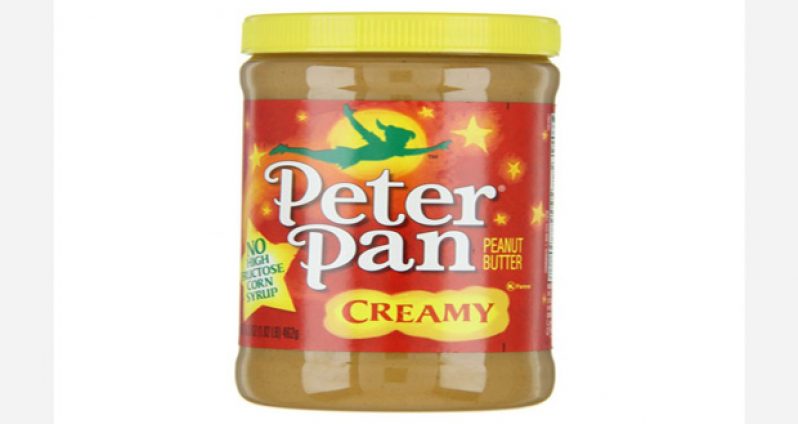FROM time to time consumers express to us their dissatisfaction with food products they had purchased from the supermarkets or in the municipal markets.
We would not recount their complaints but instead would give some cautionary guidelines as to how consumers could protect themselves.

The first thing to do is to check for the manufactured and particularly the expiry date of the product. All food products have an expiry date for about a year or two years after manufacture.
If the item you are buying is just a few months before the expiry date, you will know the product has been on the shelves or in bond for a long time and though the product would still be wholesome until the expiry date, if it is not stored properly, deterioration could have taken place. An obvious example would be cheeses. Though the box may have a safe expiry date, if it was badly stored, say without refrigeration, it most certainly would have begun to deteriorate.
Before buying a food product, check on the ingredients and the various percentages of food elements the product contains. This information is usually printed at the back of the packet or container of the product. Shoppers would be quite surprised to discover the differences in the same product made by different manufacturers.
A good example would be powdered milk. There are many brands on the market and they often differ in protein, carbohydrate, fat or sugar content. The top-of-the-line brands would have a higher protein content than the cheaper milks.
But milks, like so many other products, do not disclose enough information as to their ingredients. Many of the cheaper milks, and certainly those 50-pound bags imported mostly from Ireland and Holland, are made with vegetable protein and not milk protein.
This fact is rarely disclosed on the packets and containers. This non-disclosure of all the ingredients of food products is commoner than one suspects. For example, the Indian government recently sued Maggi cubes for not disclosing the product contained the chemical monosodium glutamate and that it contained an unsafe quantity of lead. In Guyana, though our Food and Drugs Department and Bureau of Standards do have testing facilities, there are certain tests they are unable to do, as for example, to ascertain whether a powdered milk was made with vegetable protein.
In buying cooking oils, one has to be very circumspect. There are many types of oil on the market and one should acquaint one’s self with their pluses and minuses since many types of oil are deleterious to health. For many years, coconut oil had been labelled as the most unhealthy cooking oil. Today, it is universally regarded as one of the healthiest of all cooking oils. Other healthy oils are canola, corn and soya. Most of the cheaper oils are not very healthy and should be avoided.
On the market today, there are a number of trademark forgeries, deceitful labelling and low-grade products packed and labelled in such a way as to mislead or to be mistaken for higher grade brand-name products.
Consumers are advised to carefully read the written matter on the containers and to examine those containers which they intend to buy. For example, recently, the Food and Drugs Department discovered a lower-grade margarine was being faked as Golden Cream and an international, mixed vegetable brand was being forged. Or there was a nut-butter made in East Asia named Peter Han which used a label and packing identical to the well-known brand, Peter Pan. The object was to confuse and deceive consumers. Peter Han was uncovered as being deleterious to health and was eventually taken off the market.
Or there was an “olive oil” from Brazil, which on closer examination of the fine print on the tin turned out to be 80% soya and only 20% olive.
Imported bottled water and aerated sweet drinks and “fruit juices” are products which are inundating the Guyanese market. Many of these imported products have no standards despite their impressive labels. Water, for example, could often have very high levels of bacteria. The local bottled water produced by Demerara Distillers Limited (DDL) and Banks DIH are laboratory-tested and are much safer than the imported varieties. With regard to the imported “fruit juices” which are promoted as being ‘genuine, real fruit-juices’, they are no more than concentrates watered up.
Breads are another item of widespread and regular consumption which consumers need to be conscious of. Many breads, especially those done by the smaller bakeries use an inordinate amount of sugar in production and the bigger bakeries use chemical preservatives, sometimes too much. If any bread is too sweet, it could be dangerous to health, especially for persons suffering from diabetes. The Bureau of Standards is revising its standard for bread and when the new standard is published, it will provide better guidance for bakers and consumers.
By Pat Dial




.png)









